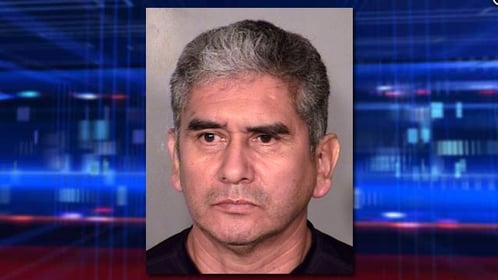TOPEKA, KANSAS — The Kansas Board of Regents’ governance committee approved a revised plan on how to implement concealed carry practices best on Kansas university campuses. As stated in the plan, anyone eligible to carry concealed in the state of Kansas may not be hindered from doing so, so long as he or she does not attempt to enter buildings with metal detectors or security measures in place.
Under the regents’ guidelines, any person carrying a gun on campus must have the safety engaged or store it in his vehicle, place of residence, or storage provided by the university. At all times, the firearm must be hidden from view.
According to the guidelines, “nothing in this policy shall be interpreted to encourage individuals who lawfully possess a handgun to use it in defense of others.”
The Washington Times reports that each university, according to the regents’ policy, must clearly illustrate out how they plan to implement the new concealed carry features set to begin in July, 2017. Despite adamant support for the increased measures by gun-advocacy groups, the Student Government Associations (SGA) for Kansas universities recently revealed the results of a poll taken amongst faculty, students, and visitors.
The poll’s results, which were held across all the major public university campuses in Kansas, were republished with commentary by KWCH 12.
Most notable, from the results, is the overwhelming protest by the student body itself. Faculty, however, appeared to be more split as to how to implement proposed Kansas gun law. An estimated 20,000 students and faculty responded to the poll.
Sporting events, across the board, appear to be a point of hotly debated contention. With 81% of students who responded being opposed and 19% in favor, it appears the student body has reservations for its fellow concealed carriers. Faculty, however, split by a shorter margin with 61% opposed and 40% in favor*.
*Yes, that appears to be over 100% responding. We’re just citing the poll’s results as republished through KWCH 12.
When it comes to residences and dormitories, though, faculty remained split at 55% to 45% in favor while students still overwhelmingly disagreed with implementing concealed carry in student housing.
Visitors, when polled, appeared to be equally against concealed carrying at either sporting events or dormitories.
With the exception of Kansas University, all other public university systems report overwhelmingly that the decision to implement concealed carry practices on campus will not affect and/or will make them more likely to attend — advancing a serious hurdle that administrators were hoping would not impede future enrollment.
In the meantime, it appears that plenty of information is still missing in terms of informing fellow students and faculty of the merits of having the constitutional right to defend one’s self regardless of location. So, sadly, it appears while concealed carry is coming to Kansas public universities, it will also come with some restrictions.














